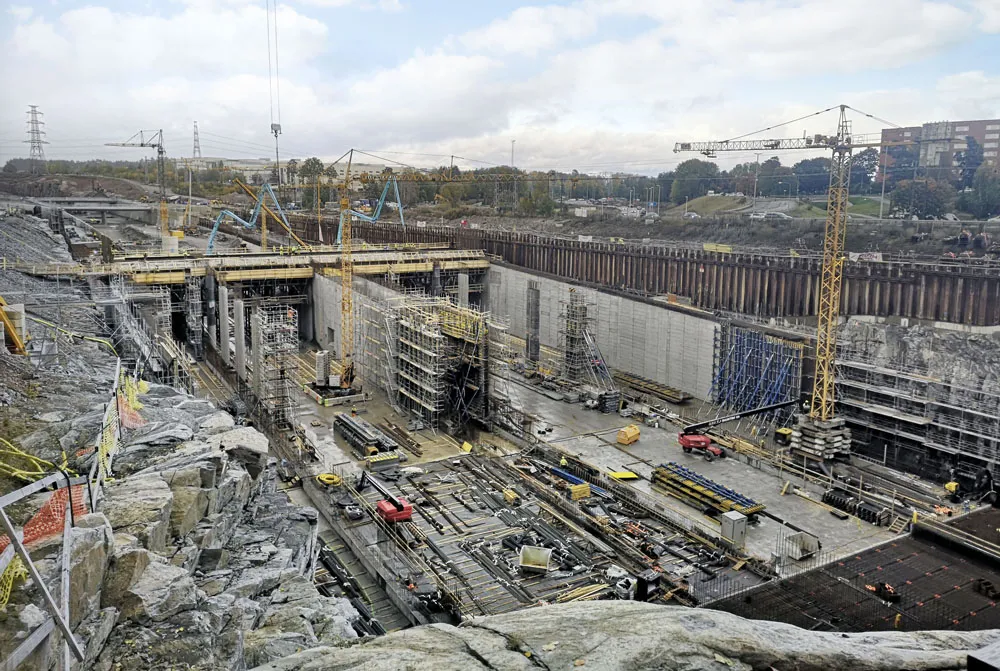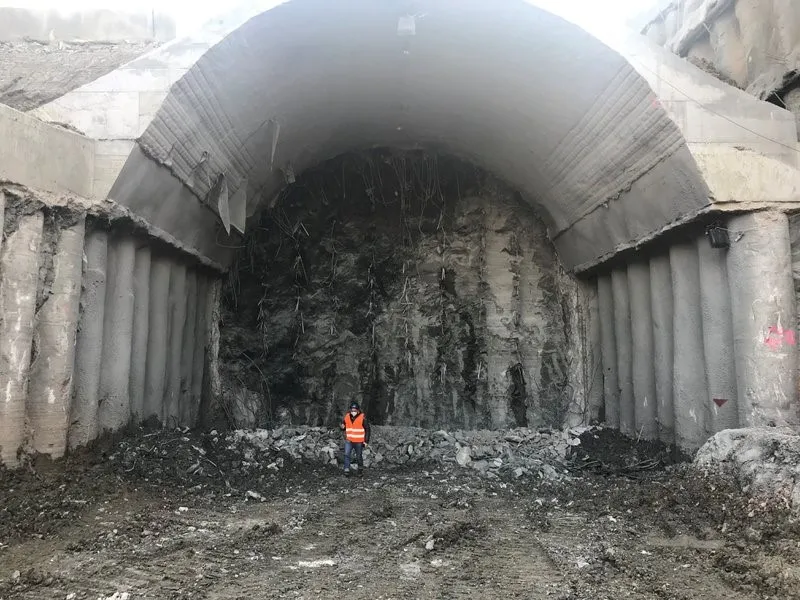A study is being carried out for a proposed combined use tunnel project in Turkey. The proposal is for a tunnel featuring three levels that would be able to handle both 75,000 passengers/hour by rail and 120,000 vehicles/day. The study should be complete during 2019, with a tender process expected soon after. Should the project go ahead, the build-operate-transfer model will be utilised.
March 11, 2019
Read time: 1 min
A study is being carried out for a proposed combined use tunnel project in Turkey. The proposal is for a tunnel featuring three levels that would be able to handle both 75,000 passengers/hour by rail and 120,000 vehicles/day. The study should be complete during 2019, with a tender process expected soon after. Should the project go ahead, the build-operate-transfer model will be utilised.








